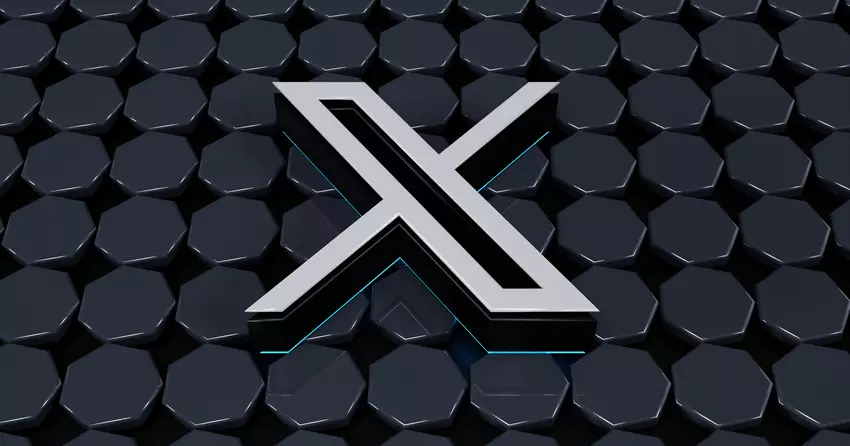
X Sues to Block Minnesota Political Deepfake Law
On April 23, X Corp. filed a lawsuit against Minnesota’s (US) Attorney General Keith Ellison, seeking to block a law that bans the use of AI-generated “deepfakes” to influence elections. The company argues it violates First Amendment protections on free speech.
Under the law, deepfakes are defined as images, videos, or audio recordings that are “so realistic that a reasonable person would believe it depicts speech or conduct of an individual who did not in fact engage in such speech or conduct,” and created using technical means rather than traditional methods like voice impersonation.
The law prohibits anyone from knowingly or recklessly sharing these deepfakes with the intent to influence an election’s results within 90 days before it takes place or after early voting begins. Violators can face criminal penalties, including up to five years in prison for repeat offenders.
Minnesota has taken considerable action against the surge of AI deepfake content. In addition to the aforementioned law, the state passed legislation banning the use of deepfakes to create nonconsensual pornography.
But X claims the election law goes too far.
“While the law’s reference to banning ‘deep fakes’ might sound benign, in reality it would criminalize innocuous, election-related speech, including humor […]. Instead of defending democracy, this law would erode it,” the company wrote in a post.
The company also argues that the law is overly vague. “Its requirements are so vague and unintelligible that social media platforms cannot understand what the statute permits and what it prohibits, which will lead to blanket censorship, including of fully protected, core political speech,” reads the complaint.
X has made previous moves to block similar statutes. In October 2024, the company challenged a very similar law in the state of California and won. The company’s CEO, Elon Musk, a self-described free speech absolutist, has been criticized for rebelling against actions to block misinformation, which he has referred to as “censorship.”
Notably, Musk has also found himself in potential breach of US election law in November 2024, when he offered $1 million USD to registered voters who signed a petition.
The law’s author, Senator Erin Maye Quade, has called the suit “petty” and “misguided.”















